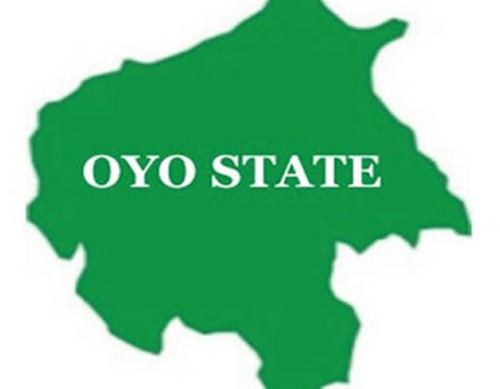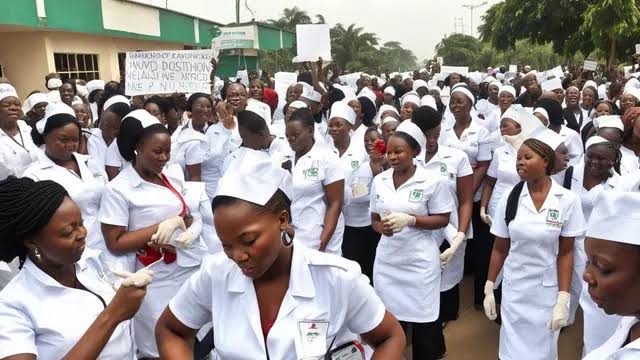….Stakeholders, civil society back transparency push
The Oyo State Government has announced that it recorded 80 per cent of its projected revenue and achieved 69 per cent of planned expenditure during the first half of 2025. This was revealed on Wednesday during the public presentation of the Quarter 1 and Quarter 2 budget implementation report held at the Local Government Staff Training School, Agodi Secretariat, Ibadan.
Commissioner for Budget and Economic Planning, Professor Musibau Babatunde, stated that the administration of Governor Seyi Makinde is preparing to roll out the second phase of the Sustainable Actions for Economic Recovery (SAfER) programme. He disclosed that N5.4 billion has been allocated to support small and medium-sized enterprises, farmers, transport systems, and health infrastructure.
According to the Commissioner, the mid-year review is not merely a presentation of figures but serves as a mechanism for public accountability, allowing civil society groups and grassroots participants in the citizens’ budget process to assess what has been accomplished and the challenges encountered.
“This exercise reflects Governor Makinde’s responsiveness to civil society’s demand to monitor not just how budgets are crafted, but how they are delivered. It strengthens trust and encourages constructive participation,” Babatunde said.
He reported that Oyo’s revenue performance, standing at 80 per cent, and expenditure at 69 per cent, reflect fiscal discipline and strategic budget execution despite nationwide economic challenges such as inflation.
He also noted that revenue growth came from both the Federation Account Allocation Committee (FAAC) and internally generated sources. However, expenditures also increased, largely driven by the implementation of the new N80,000 minimum wage, extensive recruitment in the education and health sectors, and ongoing social investment through SAfER.
Commenting on economic resilience, Babatunde stated that Oyo recorded the lowest food inflation rate in the country as of April 2025. He attributed the development to agriculture-centred interventions initiated months earlier under the SAfER programme.
“The impact is beginning to show. Seeds and input support provided earlier in the year are now yielding results. That’s why we’re seeing some easing in market prices,” he said.
SAfER Phase II, according to him, will extend further assistance to farmers across livestock, poultry, fishery, and crop production. Business owners and transport operators will also benefit from the expanded programme designed to cushion the effects of inflation and support livelihoods.
On sectoral investment, Babatunde revealed that the state has committed N10 billion to rehabilitate secondary schools. He also pointed to ongoing improvements in security and business infrastructure as part of the administration’s effort to position Oyo as an investor-friendly state.
Stakeholders at the review event, including former South-West Chairman of the Institute of Chartered Accountants of Nigeria (ICAN), Prince Oyebade Oyedepo, and Jide Bamgbose of the Justice Development and Peace Commission, commended the state government for maintaining transparency and adhering to a consistent mid-year review process.
The session was attended by the Executive Assistant to the Governor on Budget, Alhaji Gafar Bello; the State Accountant-General, Mrs Kikelomo Adegoke; and representatives from all 33 local government areas.






